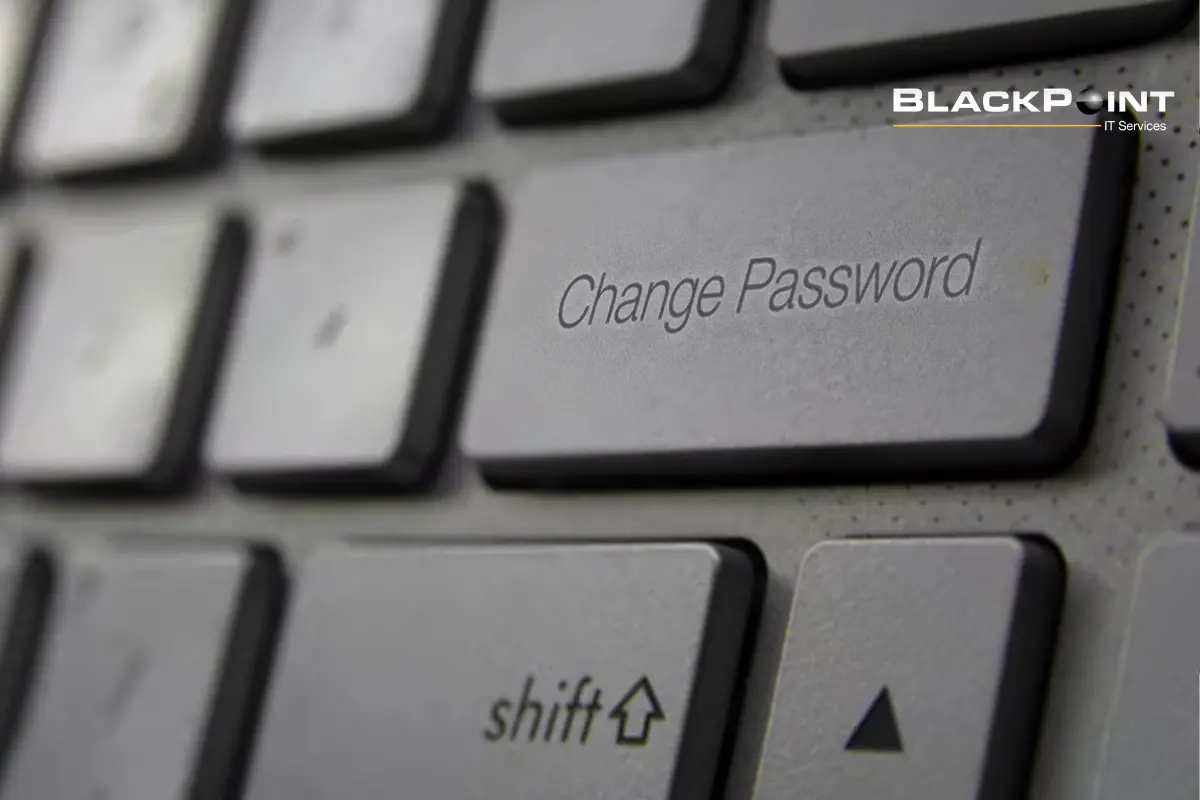
Malicious attackers often target small businesses. Understanding the optimal timing for password changes and the initial defense barrier is crucial. Let us delve into customized best practices vital for safeguarding small businesses. Rigorous steps are essential to protecting sensitive data. Effectively handling passwords, a critical aspect of digital security, requires a systematic approach. This is significant for small businesses operating with constrained resources; adopting efficient password strategies becomes paramount.
The importance of Strong Passwords
Creating a strong password is akin to fortifying a fortress against unauthorized access. It requires complexity, uniqueness, and regular updates—integral elements in cybersecurity. A robust password includes uppercase and lowercase letters, numbers, and special characters, avoiding easily guessable information. However, common mistakes like using dictionary words, password reuse, or neglecting updates can weaken security. Avoiding these errors is crucial for strengthening digital defenses and ensuring robust password protection.
Threat Landscape for Small Businesses
The empirical evidence points to a concerning upswing in cyber threats directed at small businesses. The consequential fallout from security breaches encompasses financial losses, reputational damage, and operational disruptions. This underscores the pronounced vulnerabilities faced by smaller enterprises. The aftermath of such incidents underscores the imperative for implementing sophisticated cybersecurity measures specifically tailored to address the distinctive challenges small businesses face in fortifying their digital assets.
Traditional Recommendations
Historically, the conventional wisdom in security protocol has promoted the frequent rotation of passwords as a fundamental safeguarding measure. Nevertheless, modern perspectives have surfaced, casting doubt on the efficacy of this practice and highlighting its constraints in significantly bolstering overall security measures. This reevaluation stems from an acknowledgment of the outdated nature of guidelines governing password change frequency within the evolving landscape of cybersecurity.
Current Best Practices
Contemporary industry standards endorse a strategic departure from frequent password changes, emphasizing the importance of cultivating strong, unique passwords and integrating supplementary security measures like multi-factor authentication. This progressive approach underscores the professional imperative to harmonize heightened security protocols with optimal user accessibility within modern password practices.
Types of Accounts
Effective account management involves discerning between account types to allocate suitable security measures. Specifically, accounts that handle sensitive data, such as those associated with financial or administrative access, may require more frequent password changes to bolster security protocols. The precise categorization of accounts establishes a systematic and targeted approach to safeguarding individual facets of an organization’s digital infrastructure, highlighting the critical need for tailored security measures catering to diverse account functionalities.
Industry Regulations
Industries, particularly healthcare and finance, maintain rigorous compliance standards, emphasizing the need for frequent password updates to meet regulatory mandates. Upholding these stringent norms is paramount, as non-compliance may incur penalties, highlighting the crucial role of proactive security measures in preserving regulatory integrity and mitigating risks effectively.
Introducing two-factor authentication fortifies password systems by adding an extra layer of verification, heightening overall security. This security enhancement is especially advantageous for small-scale enterprises seeking to bolster their defenses against potential threats. By implementing two-factor authentication, these businesses significantly enhance the safeguarding of sensitive data, actively reducing the risks associated with unauthorized access.
Enabling Two-Factor Authentication (2FA) holds importance due to the following reasons:
The importance of consistently changing passwords cannot be overstated. It serves as a crucial line of defense against unauthorized access, mitigates the risks associated with data breaches, and upholds cybersecurity best practices. However, alongside regular changes, it is equally imperative to use strong, unique passwords for each account and employ secure storage methods. By adopting these measures, individuals can significantly enhance their online security and protect their sensitive information from potential threats.
Elevate modern security measures customized for small businesses, integrating robust password strategies and Two-Factor Authentication (2FA) to fortify against cyber threats. Safeguard your sensitive data promptly—implement best practices, categorize accounts for tailored security, and ensure compliance with industry regulations. Take proactive steps today to secure your business against financial risks, reputation damage, and operational interruptions. Contact us now to fortify your cybersecurity defenses with precision.